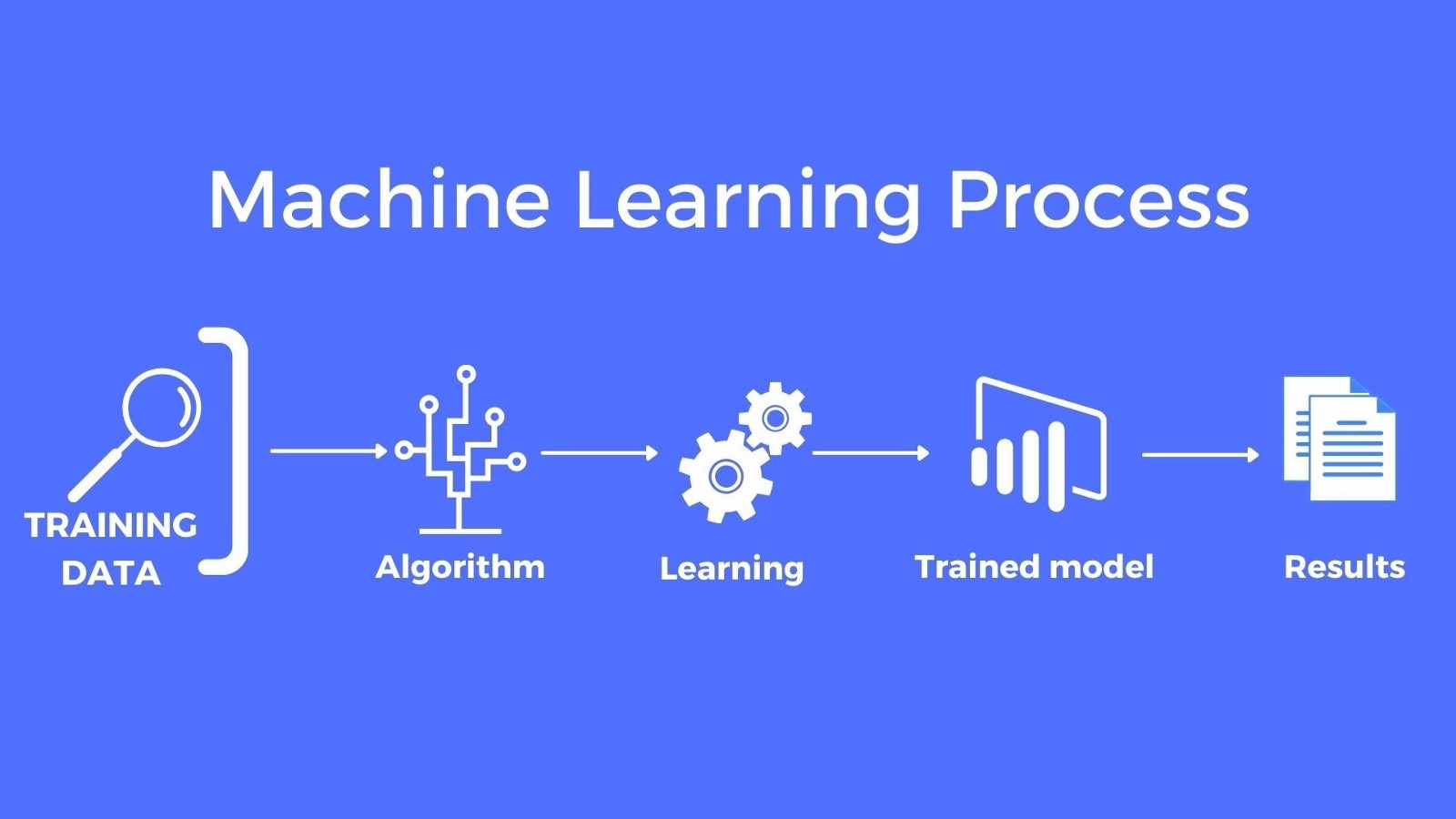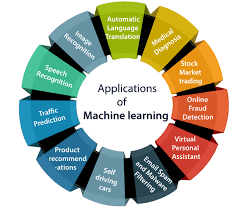Google Cloud liên tục đổi mới và đầu tư đáng kể vào khả năng ngăn…
Is Machine Learning really necessary for your business?
Machine Learning is a topic that many people have mentioned in recent years besides the concept of artificial intelligence AI. From Machine Learning, if applied correctly, this solution can bring many benefits and strengths to businesses.
What is Machine Learning?
Machine Learning (machine learning) is a subset of AI that focuses on a specific goal: teaching computers to perform tasks without being explicitly programmed. In most situations, computers are fed structured data and 'learn' to get better at analyzing and acting on that data over time. Think of “structured data” as data input that can be placed in columns and rows. In Excel, you can create a category column called 'food' with line items like 'fruit' or 'meat'. This type of 'structured' data is extremely simple for computers to process and the benefits are obvious (no wonder that one of the most important data programming languages is called SQL – SQL Query Language). structured query. A computer, once designed, can continuously take in new data, organize it, and act on it without additional human interaction. Even if you stop classifying its data, computers can still eventually recognize that 'fruit' is a food. This 'self-reliance' is so important to machine learning that it divides the discipline into categories child depends on the level of need for continuous human support.

The reason Machine learning is necessary for life
After better understanding what machine learning is, here are the reasons it is so essential to life.

Great global demand
Currently, the demand for Machine learning is gradually becoming explosive all over the world. And its entry salary is being started between $100k – $150k. Therefore, data scientists, software engineers, and business analysts all benefit from machine learning.
Data is power
Machine learning data is gradually taking steps to transform the things around us. Therefore, organizations from startups to technology giants are racing to harness data from it.
Customer support
Customer support is one of the key areas where Machine Learning is benefiting business operations. Businesses are now using Machine Learning to track data about their customers, develop more accurate pictures of consumer preferences, and inform customer support efforts.
By enabling businesses to understand their customers on a deeper level, Machine Learning helps support teams address customer concerns in a more proactive manner. Today, many organizations are using Machine Learning to identify customers who are likely to have issues and recommend ways to resolve those issues before customers contact them. Many online retailers are using Machine Learning to help customers through the buying process with the aim of reducing abandoned purchases.
Predictive maintenance
Predictive maintenance is one of the most powerful benefits of Machine Learning in business. Today, companies in sectors from manufacturing to oil and gas are using predictive maintenance to keep their machines running smoothly. This equipment is the lifeblood of these types of businesses, so any downtime can be costly. That is why they have invested so much in maintaining and operating the machines.
Predictive maintenance works by monitoring device-generated data streams. This establishes a baseline profile describing normal operations. When the data starts to shift away from this baseline, it could be an indication of an underlying problem. Given enough data and time, predictive maintenance algorithms can learn to detect specific mechanical problems, prompting workgroups to fix problems before operations halt.
Industrial automation and process automation
Automation is often cited as one of the main reasons to adopt Machine Learning. By automating tasks, businesses can reduce human error and free up their workforce to focus on more valuable tasks.
In an industrial environment, this means programming machines (bots, robots) to perform a certain task. Increasingly, these robots are provided with a Machine Learning layer to help them perform tasks in a smarter way. Computer vision and image recognition help them do things like sort shipments and move pallets.
Forecast
Machine Learning can help make forecasting more accurate in a wide variety of industries. Retailers are using Machine Learning forecasting tools to improve customer demand predictions; financial companies are using it to predict future performance of stocks; Supply chain companies are using it to predict the fastest way to get goods into the hands of consumers.
The benefits of Machine Learning are obvious. If you know what conditions are likely to come your way, you can respond in a way that gives you a competitive edge over other businesses. That's why forecasting tools have become so popular in business.
Conclusion
Machine Learning best at automating simple and repetitive tasks. These are processes that have clearly defined steps and expected outcomes. However, implementing machine learning in businesses also faces challenges. To use machine learning effectively, businesses need experts to implement and manage machine learning models. They also need to invest in computing infrastructure and data storage to process large amounts of data.
In short, machine learning is becoming an important and potential technology in enterprises. The pouring of billions of dong to research and deploy machine learning by large enterprises is a testament to the strength and competitiveness of this technology. However, to use machine learning effectively, businesses need to invest in computing infrastructure and data storage, along with experts to implement and manage machine learning models.
Source: Gimasys



